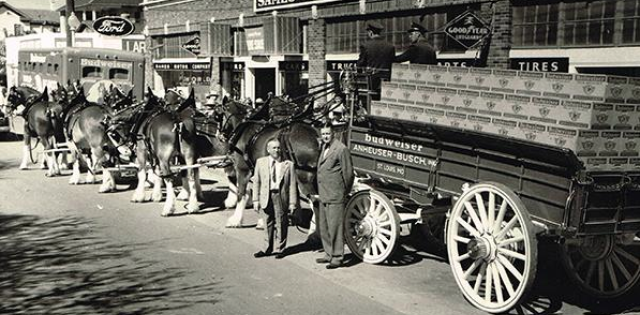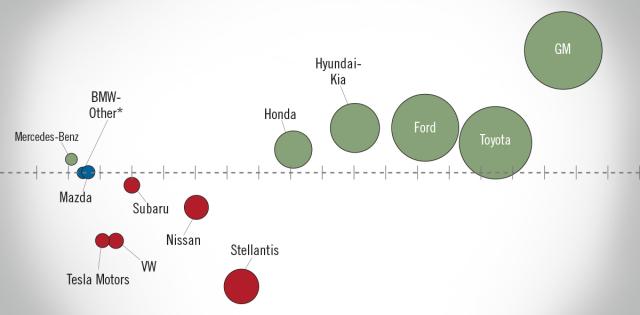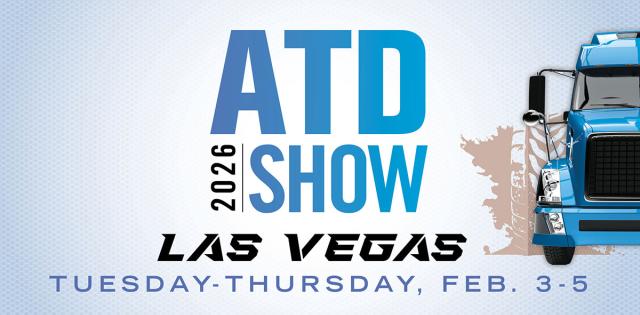Climbing out of the pandemic will likely be a saga, so the Lifeline Series returns with part two of The Best Ideas from NADA 20 Groups, Part 2: In Times of COVID-19 Pandemic with consultant Tim Gavin. Despite the economic turbulence, there are things dealers can do right now to improve their situation and begin preparing to re-open their doors safely.
As we enter the month of May, Gavin advised that all dealers should have a protection plan for their dealerships and employees before making a move to completely re-open their doors. NADA and ATD members can start by reviewing NADA’s Dealer Guide to Safely Operating Your Dealership During a Pandemic from the Driven Guide series. The guide is designed to help dealers and their employees maintain essential operations while minimizing unnecessary risks. Gavin encourages dealers to adapt, amend and publish their preparedness plan, while looking to top organizations like the Centers for Disease Control (CDC) and its guidance for preparing workplaces. Protecting employees should be the primary concern and all employers should have quickly adapted and implemented personal protection equipment (PPE) such as masks, gloves and plexiglass protection at all customer points. The CDC also provides online resources like Guidance for Business. The page outlines how to “Separate Sick Employees” and “Preparing Workplaces for a COVID-19 Outbreak.” The CDC also details cleaning recommendations for businesses that have suspected or confirmed infections.
Business owners are still navigating the world of digital retailing, and it’s important for all dealers to make sure they’re following their own state laws. For example, if paperwork is handled online, dealers must develop protocols for the physical delivery of a vehicle to a home or business. Dealers need to consider implications of e-contracting and ensure that the delivery does not violate federal or state “Cooling Off” rules. Marketing efforts must also remain compliant during the pandemic. It’s vital to steer clear of any coronavirus claims or messaging that could be viewed as false or misleading. And savvy dealerships today must keep their messaging timely and sensitive, even if it’s as simple as using a sandwich board sign stating open hours or appointments only. Post-pandemic marketing also requires a data-driven campaign with relevant messaging that caters to every customer, for both email and direct mail.
Finally, Gavin reminded attendees of best practices to maintain the financial health of their dealership. Maintaining cash flow is critical, and dealers should explore all deferred payment options with floor plan, vendors and tax payments; remember to keep cash in a safe place such as the Federal Deposit Insurance Corporation. Activities such as managing contracts in transit and freeing up frozen working capital can immediately improve cash flow as well. Other tips include reviewing accounts receivable; looking for vendor discounts; and re-examining overtime pay.
NADA and 20 Group recognize how difficult the past few months have been and are here to support the great dealers of America as they continue to navigate through the coronavirus pandemic of 2020.
The webinar is available on NADA’s Coronavirus Hub.
Note: NADA’s webinar is offered to assist its dealer members in the operation of their dealerships and for general informational purposes only. Each dealer must seek their own legal counsel and make their own independent business decisions and work with their attorneys to ensure social media posts and advertising comply with state and federal consumer protection laws. Before attempting to sell vehicles online, dealers must consult with their attorney or state/metro dealer association or licensing authority to better understand the requirement in their state. The presentation of this information is not intended to constitute legal advice nor encourage concerted action among competitors or any other action on the part of dealers that would in any manner fix or stabilize the price or any element of the price of any good or service.











